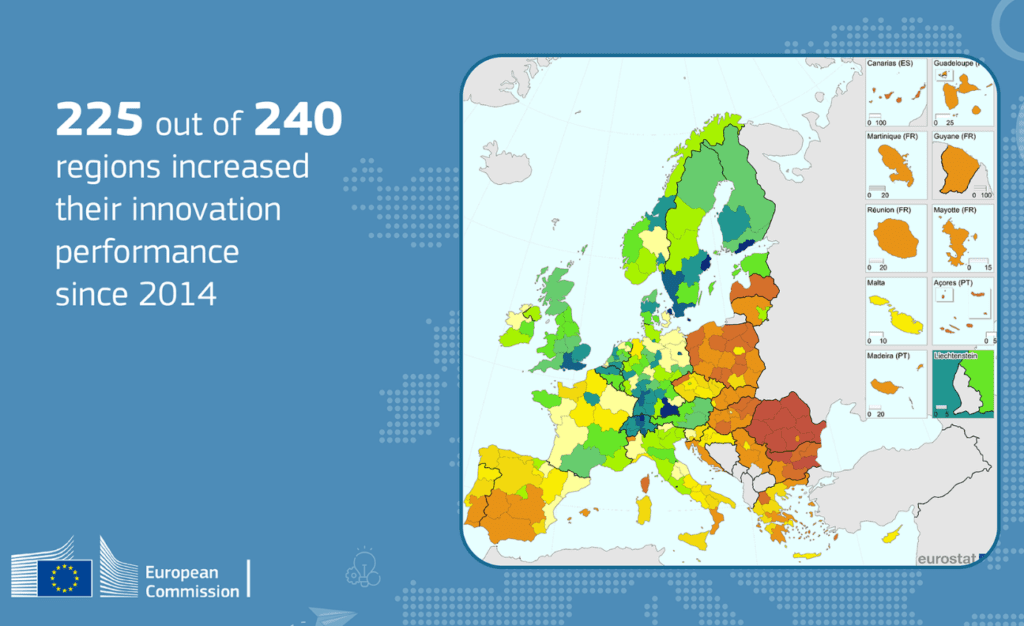Despite its promise as a major tech hub, the European continent is falling behind in the innovation race. This was made abundantly clear this week when German pharma giant Bayer announced it was shifting its focus to the US and China.
According to Bayer executive Stefan Oelrich, Europe is becoming “innovation unfriendly” because policymakers are making it difficult to generate ROI. Furthermore, critics have pointed out that while the EU is doling out funds via the European Investment Fund (EIF), Europe still makes it too hard for startups to thrive, especially in the deep tech sector.
Europe is “Innovation Unfriendly”: Bayer
At the JPMorgan Healthcare conference in San Francisco, Stefan warned that Europe is making some colossal missteps. In an effort to stimulate research investments, they are making our lives more difficult on the commercial side.
Without any sales, you may think it’s a wise financial decision to benefit from cost savings; however in reality, that equation does not add up. He went on to criticise Europe’s bureaucracy and regulation-heavy approach, which makes it difficult for companies to scale quickly.
On April 1, the UK corporate tax rate will abruptly rise to 25% from its current level of 19%, resulting in a considerable dip in profits for businesses. This is also going to affect the R&D process as companies will have to find ways to innovate with fewer resources.
It’s Not All Bad News

Despite these challenges, there are still positive signs that Europe can become an innovation powerhouse once again. For instance, some countries in Europe such as Germany, France and Sweden have started investing heavily in research and development (R&D) initiatives to spur innovation.
In addition, several public-private partnerships between investors and academics have been established across Europe with the aim of developing new technologies and products. Finally, numerous venture capital firms have also set up shop in Europe to provide much needed funding for start-ups.
What Can Be Done?
But what more can be done?
For starters, policymakers should look into reducing excessive regulation and bureaucracy that hinders innovation and prevents companies from getting off the ground. It would also help if governments provided incentives for investment in R&D initiatives as well as tax breaks for businesses that invest in new technologies or products.
In order to foster a thriving deeptech environment in Europe, governments must place more emphasis on becoming customers rather than merely providing subsidies to funds and businesses.
Finally, governments could provide grants or loans to entrepreneurs so they can focus on building their businesses without worrying about their financial obligations.
Conclusion
Innovation is key for any economy’s growth and success but many countries in Europe are struggling due to outdated regulations and bureaucratic red tape.
However, by introducing incentives for investment in R&D initiatives and providing grants or loans to entrepreneurs, governments can help encourage business growth across Europe which should lead to greater innovation on the continent overall.
With the right policies in place, Europe could reclaim its position as a global leader of technological advancement once again.









